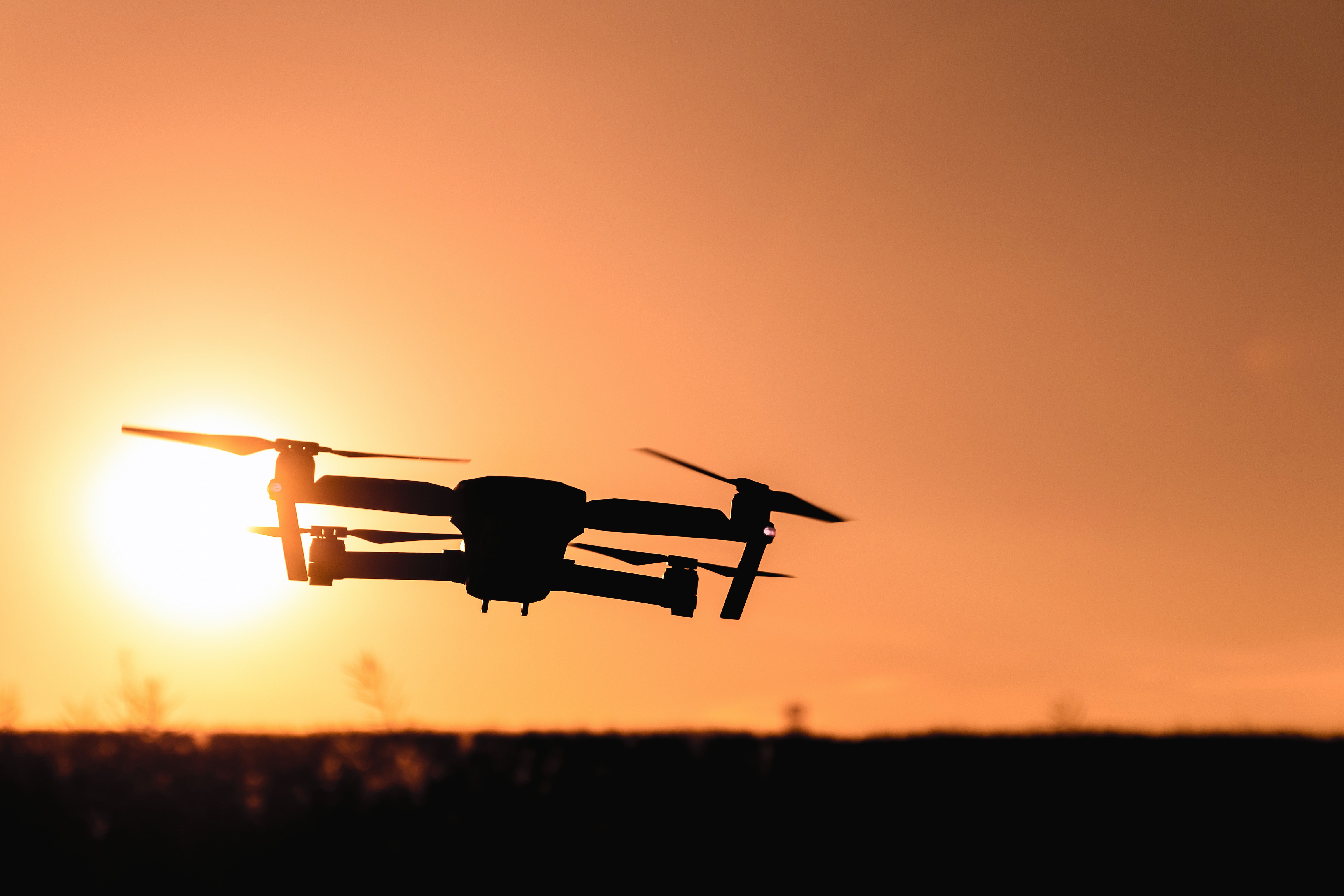
Automation — the use of smart, often machine learning-enabled technologies to take over processes that previously required human operators — could completely transform the mining industry.
Australia is pioneering the use of digital technology in traditional mines, monitoring driverless trains, trucks, and drones from centralized nerve centers. This autonomous equipment may not have come cheap, but mining companies can expect to make dividends from their investment by using the technology to lower costs, increase productivity, and improve employee safety in the long term.
The Rise of Robotics in Mining
Mining companies are becoming increasingly reliant on digital technology to optimize operations, using automated and Internet of Things-enabled equipment to gather real-time information throughout a given worksite. These analytics capabilities greatly aid a mine’s ability to do smart financial planning while providing the opportunity to anticipate, identify, and address failures in real-time.
But the technologies being introduced go far beyond Big Data. Israeli company Airobotics is currently testing the first-ever fully autonomous drones in Western Australia. These drones are designed to eliminate dangerous field situations by handling risky tasks like surveying physical environments that may be too unsafe for employees to enter, all without the need for a human operator.
“Instead of doing things like sending people out on surveys, or having them undertake a mission, the drone can do it all, and it reduces the exposure of humans to risk,” Joseph Urli, director of flight operations in Australia, told the Australian Broadcasting Corporation.
Different Practices, Different Skills
Given how new the practice of digitally-powered mining is, it’s no surprise that it requires an updated, modern skillset. Employees must be strong gear operators, big data analysts, and informed decision-makers. Northern Star Resources CEO Stuart Tonkin in turn suggests that training for this digital future must begin now.
“Everything in industry is driven by people, so we’re investing in people…and recognizing what skills they will require in the next two decades,” Tonkin said.
Current field workers may fear that automation will threaten their job security, but Tonkin insists that the same amount of underground labor will be needed even as the industry becomes more dependent on automated processes.
Education Must Change
Educators must alter their curriculum to prepare students for the industry’s movement toward digital technology. While traditional knowledge of the mining trade remains essential, individuals with a tech-savvy background in IT or robotics will gain new utility in this job market.
Automation will transform mining safety, operations, and education, but autonomous vehicles must still adhere to regulatory standards. With over 40 years of experience in the mining industry, Midwest Industrial Supply, Inc. offers reliable and cost-effective solutions for every mining company’s dust control needs. Access and Haul roads for driverless trucks still require dust control to remain compliant and protect worker safety — so consider working with Midwest to ensure that your operations remain efficient and sustainable.


